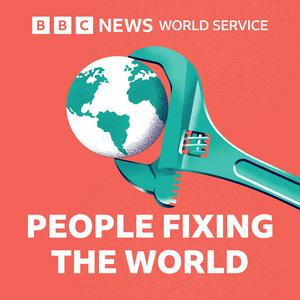Cities are growing and developing at a faster rate than at any time in history. More than half the world’s population now live in cities. But cities don’t always offer the best opportunities for those living within them. They can be polluted, congested and often don’t have enough green spaces or playgrounds.
We find out about two cities trying to change that. The mayor of Addis Ababa in Ethiopia say she wants her city to be the best in Africa to raise a child and be a mother. We find out what she’s trying to do.
And in the Colombian capital, Bogota, we’ll visit the city’s ‘Care Blocks’ where people are given the opportunity to learn new skills - or just relax - while their children or dependents are looked after.
People Fixing The World from the BBC is about brilliant solutions to the world's problems. We release a new edition every Tuesday. We'd love you to let us know what you think and to hear about your own solutions. You can contact us on WhatsApp by messaging +44 8000 321721 or email
[email protected]. And please leave us a review on your chosen podcast provider.
Presenter: Myra Anubi
Producer: Claire Bowes
Colombia reporter: Laura Ubate
Editor: Jon Bithrey
Sound mix: Andrew Mills
(Image: Caregivers and children in Bogota, Colombia, learn to ride bikes, Laura Ubate/BBC)


